- Learning time
- 5 minutes
- First play time
- 30 minutes
Micro Robots
Designed by: Andreas Kuhnekath
Inspired by Ricochet Robots, the smaller, portable Micro Robots stands as its’ own game: a quick-moving puzzle game that’s more brain-teaser than anything else.
The playing area is made of four small boards (showing dice colours and number values) that are laid out in a 2×2 square. The challenge for the players is to move the robot from its starting space (decided randomly, using dice) to the finish position (also decided randomly). Play is simply all the players working out – silently! – how to get the robot to the target space. It can move in straight lines only, to either a space with a matching number or a space with a matching colour.
As soon as you think you’ve worked out a way to get it there, you announce how many moves it will take you. You then demonstrate, and – if you’re correct – you win that round and take a marker. If you’re wrong, a new target end space is set (and you also lose a marker, if you have any).
When a player successfully moves the robot, new starting and end positions are determined and a fresh round begins. The first player to five markers wins the game.
Joe says
I've played this once - it feels like brain-training to me (not in a bad way). Sort of like playing speed Pelmanism, without the set-up and play time. Definitely competitive - would make a good drinking game. I'd like to play its big brother.
The guru's verdict
-
Take That!
Take That!
There's no confrontation, but it's highly competitive, and the game definitely has a sense of pressure to it.
-
Fidget Factor!
Fidget Factor!
None.
-
Brain Burn!
Brain Burn!
Some rounds are very fast, some take longer to work out. Micro Robots recommends that if no-one has figured out a successful move after 2 or 3 minutes, roll for a new end position.
-
Again Again!
Again Again!
It's not a game with a whole lot of variation, but what it does, it does well. With younger children you can play collaboratively.

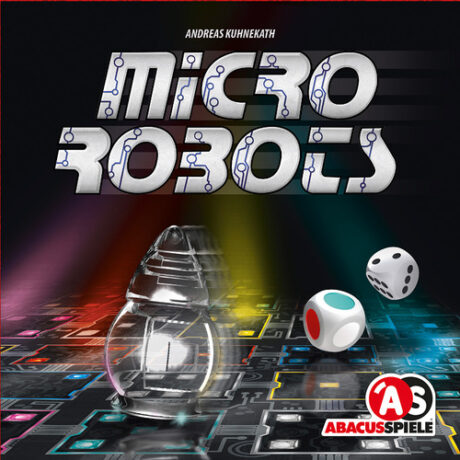
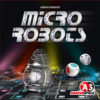
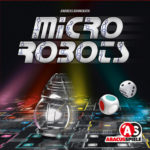
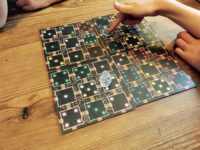


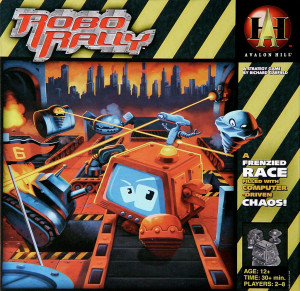
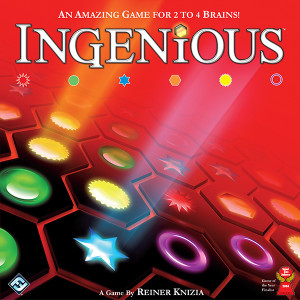
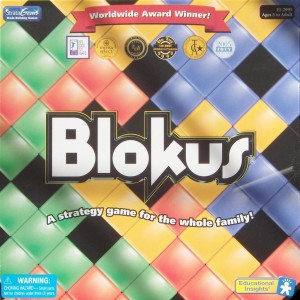
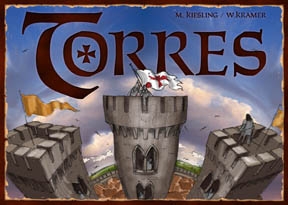
Sam says
What goes against Micro Robots is that repeat plays of the game will get very same-y: it's always the same challenge, the same parameters, and it doesn't have the depth of something like chess with which to immerse yourself in strategy. But its weaknesses in that regard are also its strengths - my six-year-old loves how you can set it up and play in seconds and the rules are so simple. It does feel more puzzle than game though, and if you have a group of kids who want the Robot theme evident, I'd suggest the more anarchic Robo Rally instead.